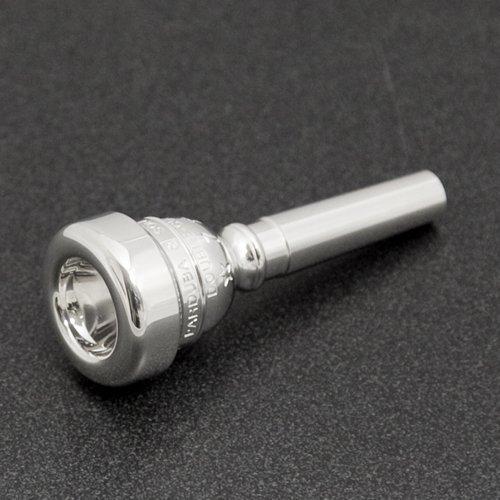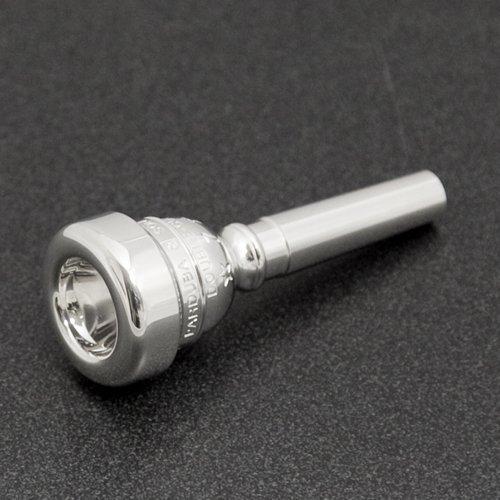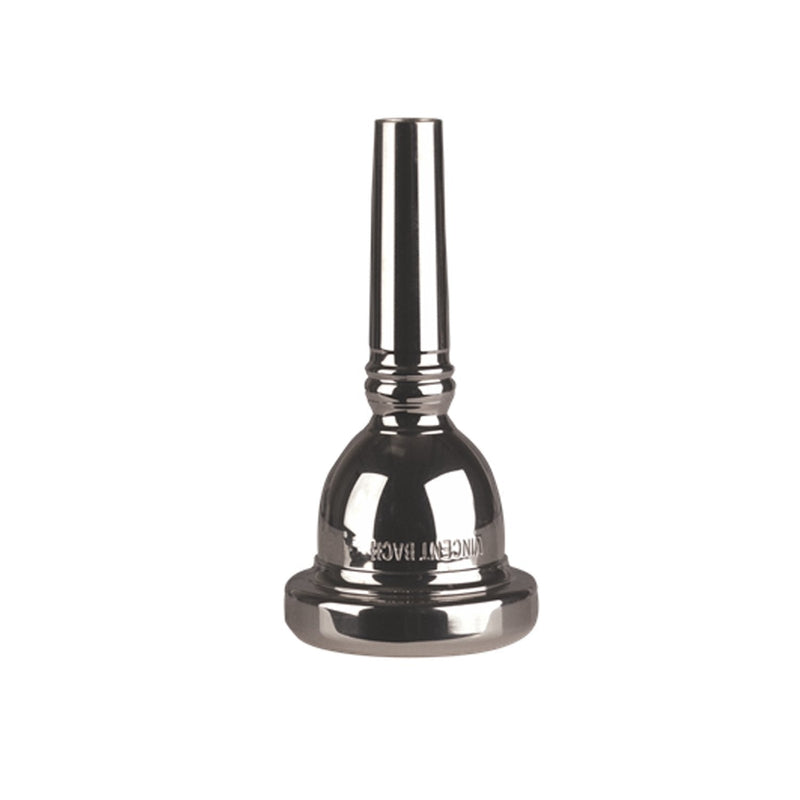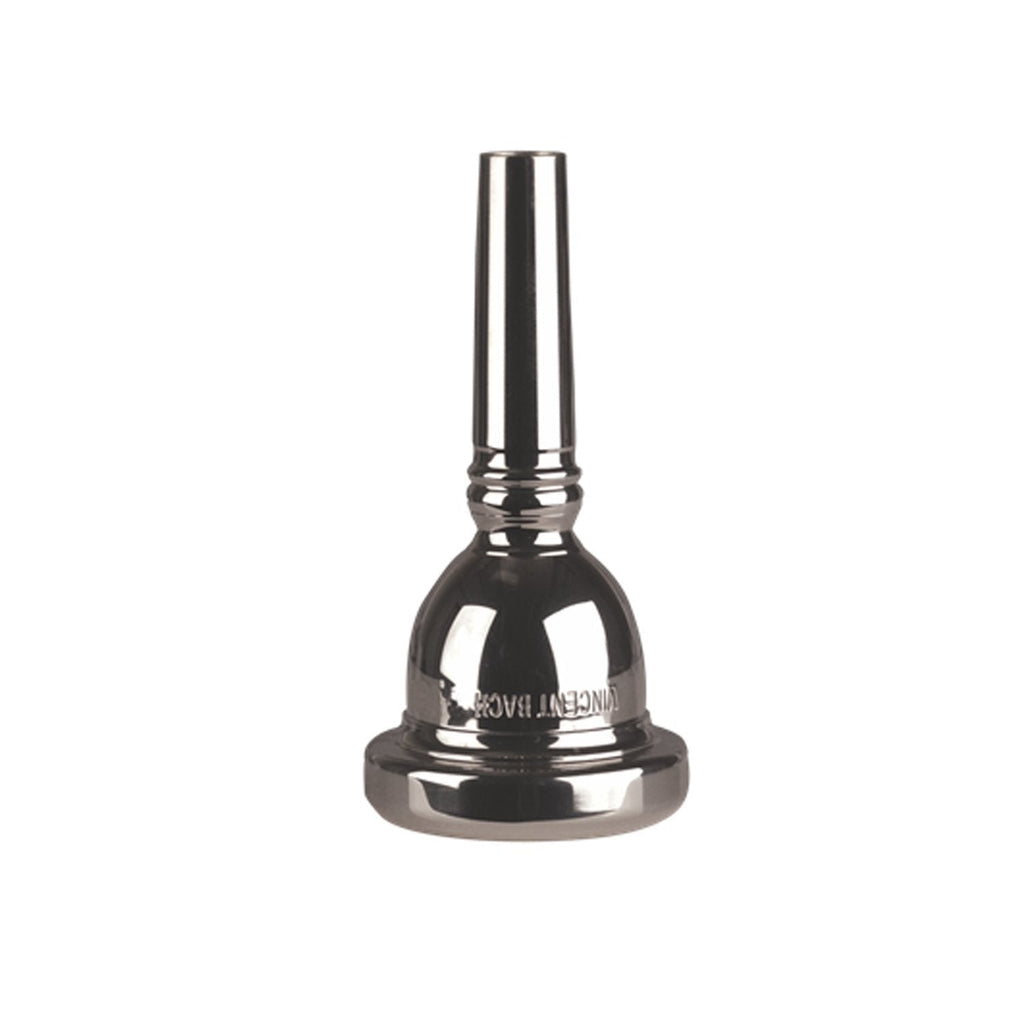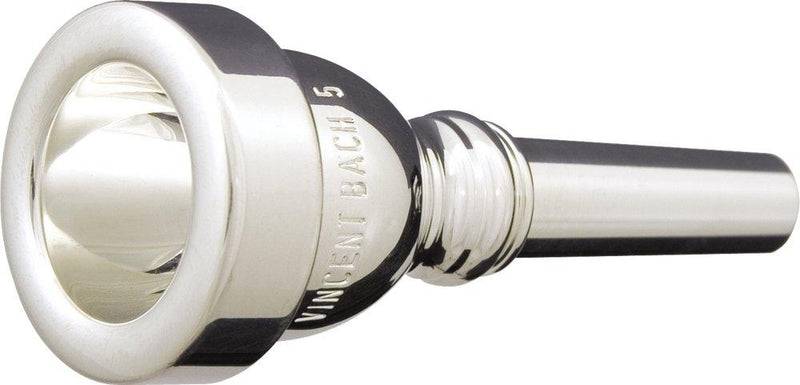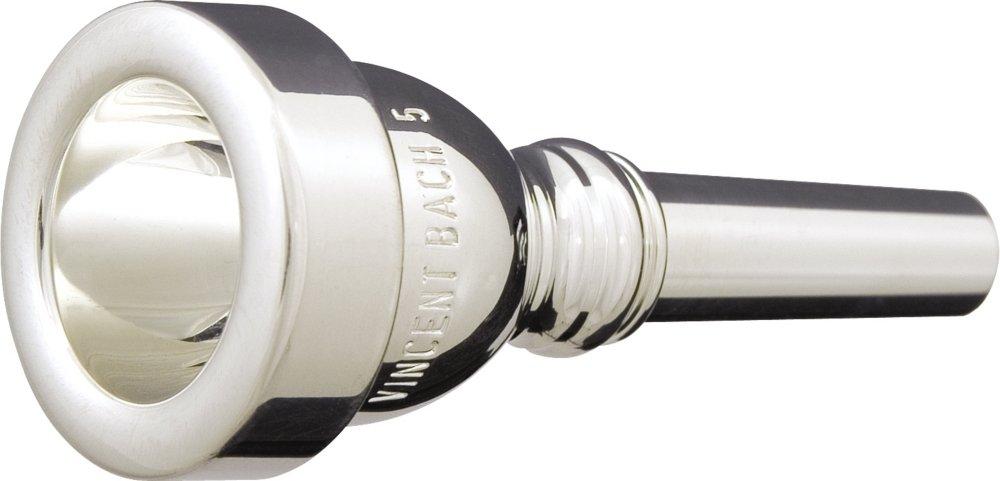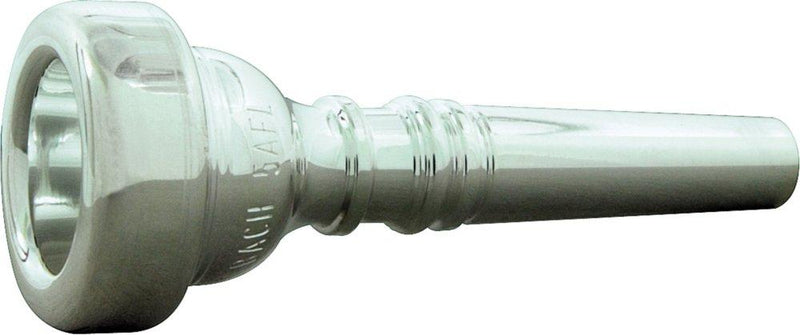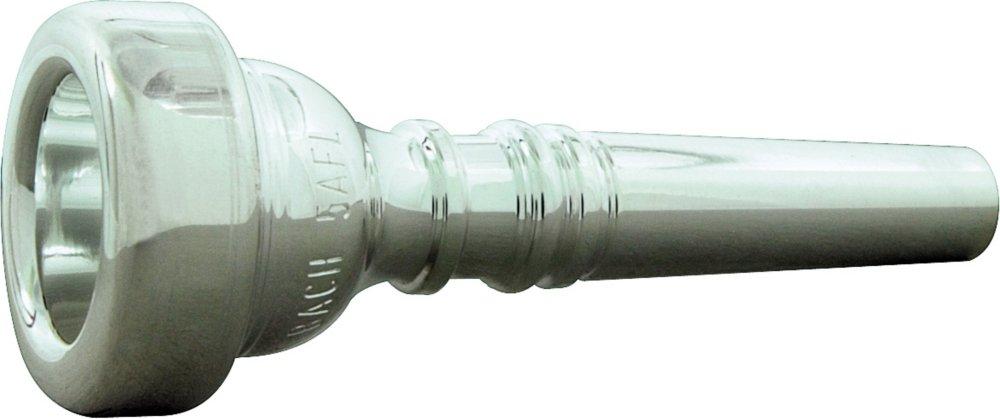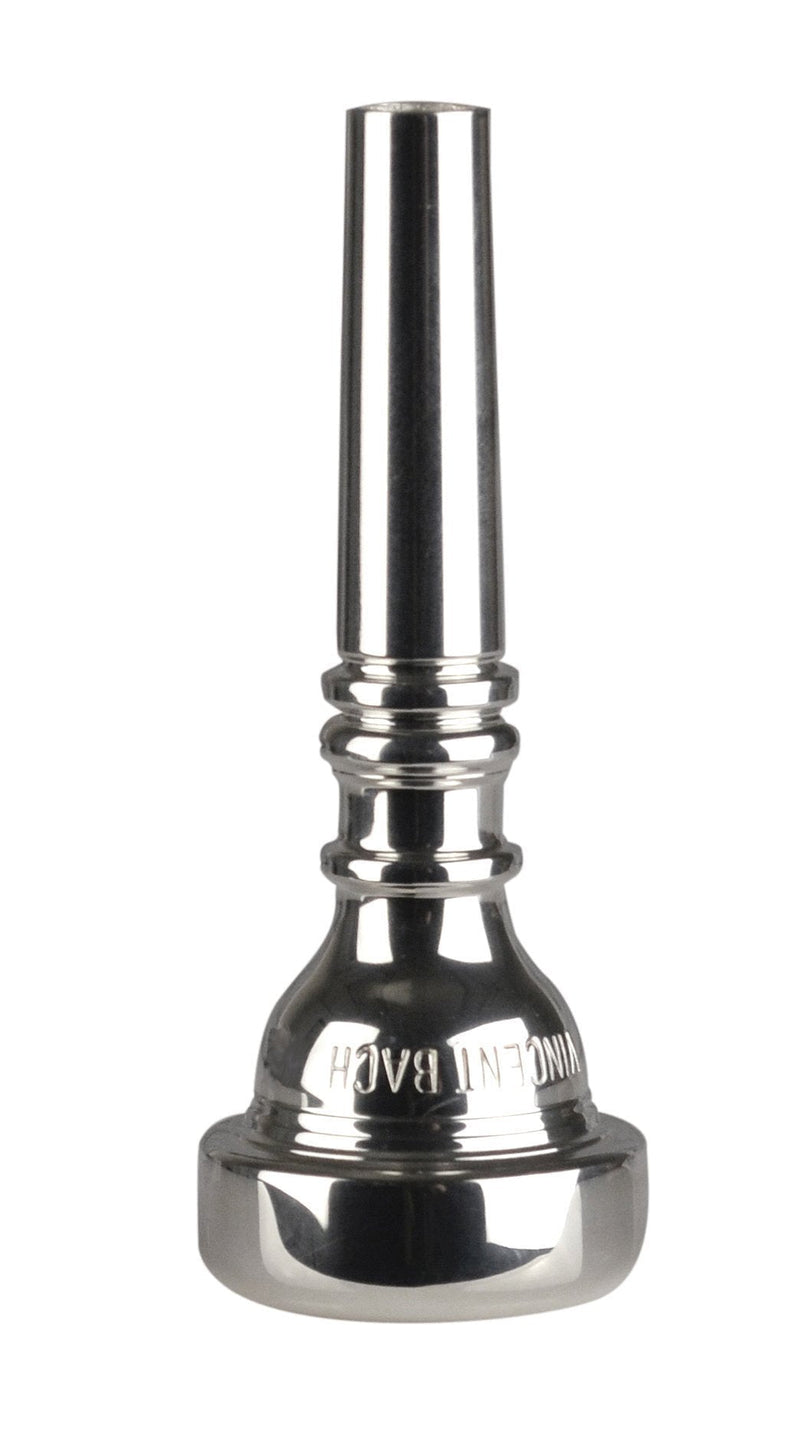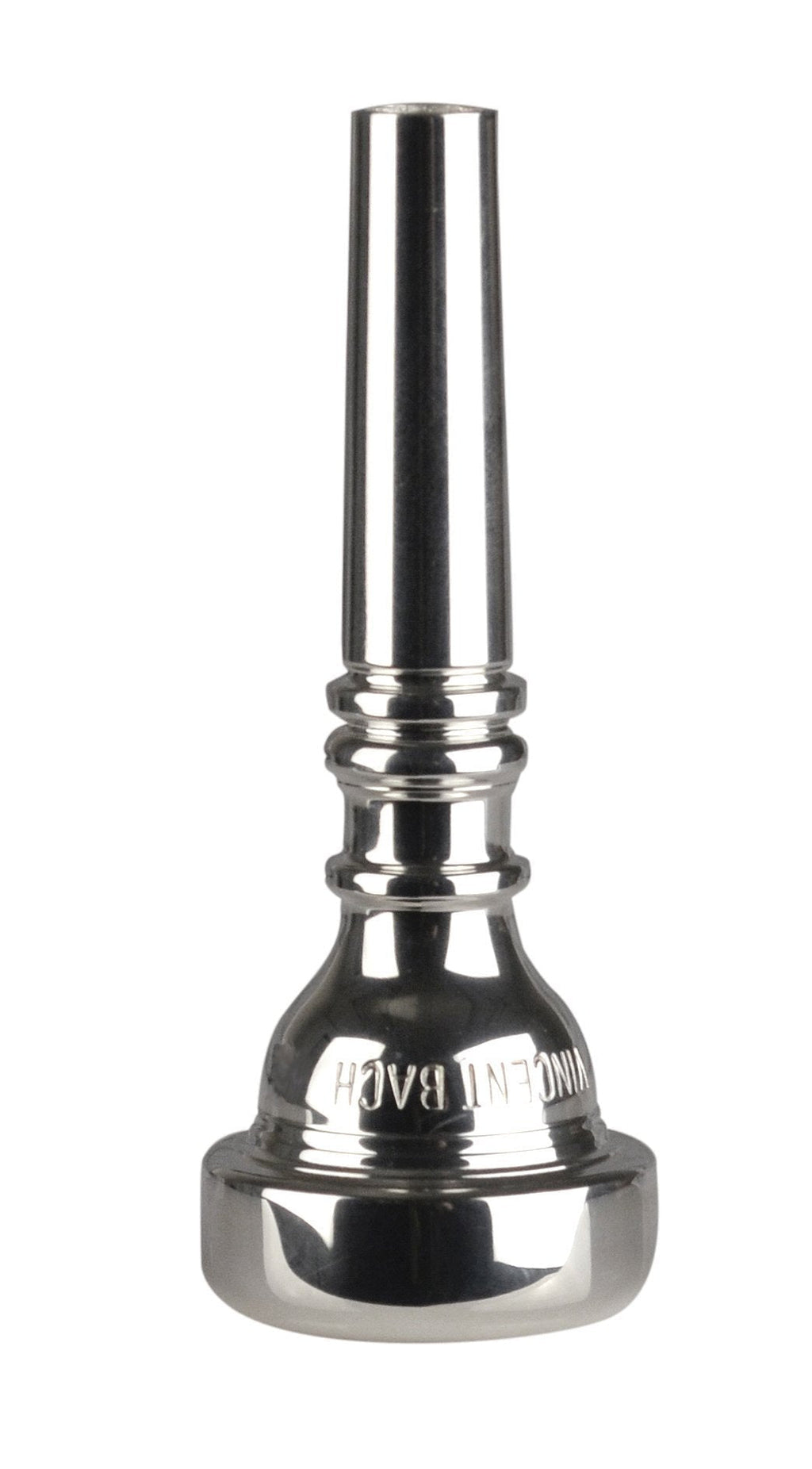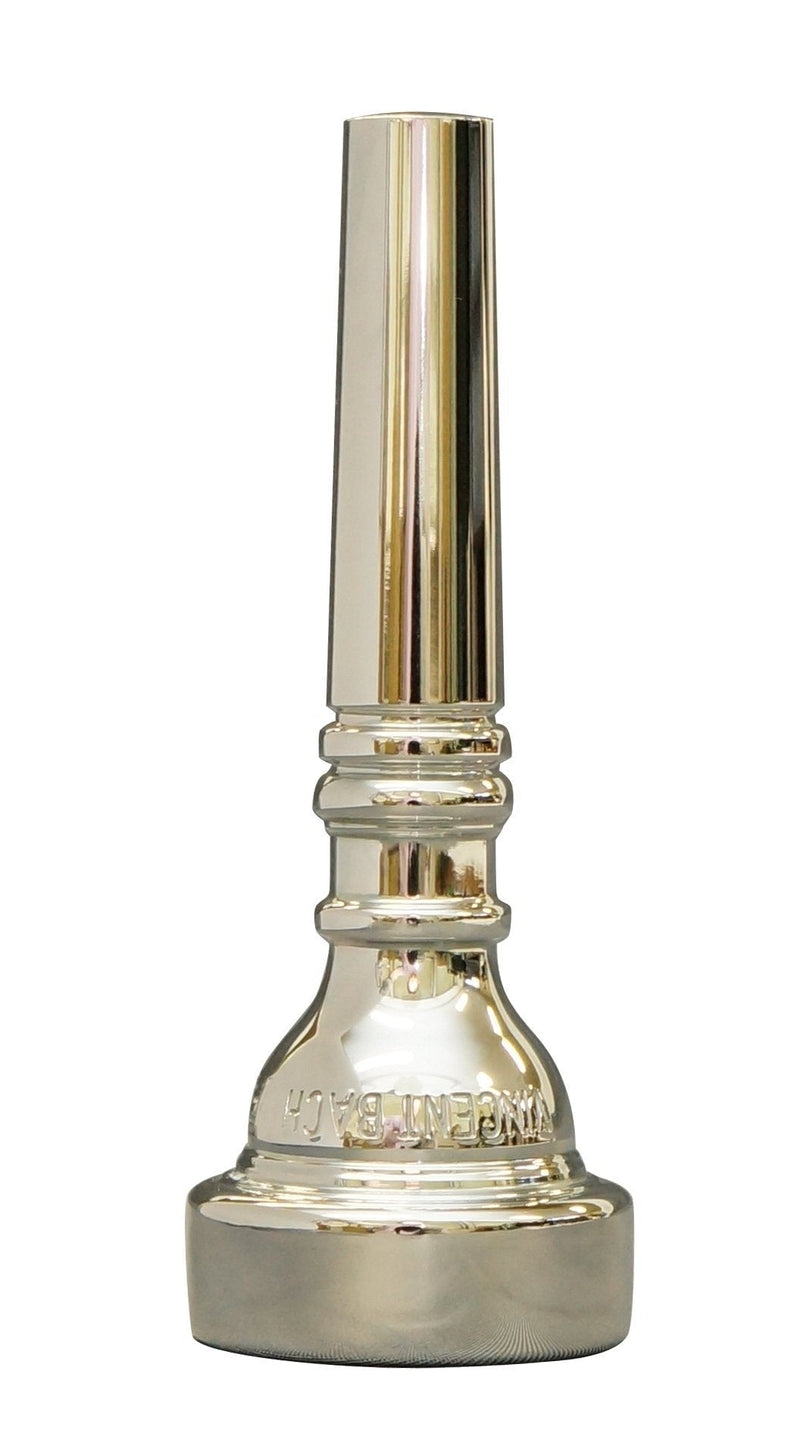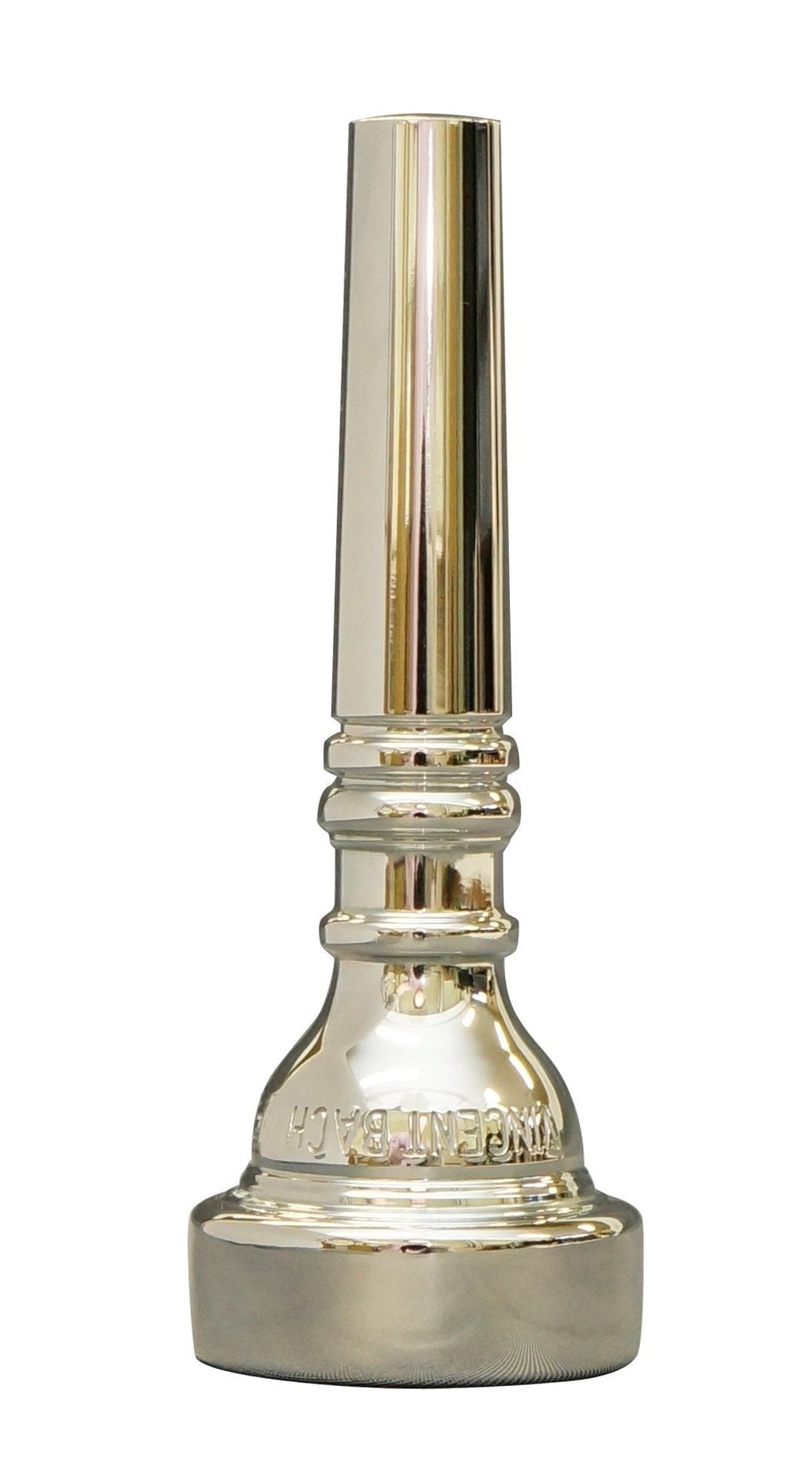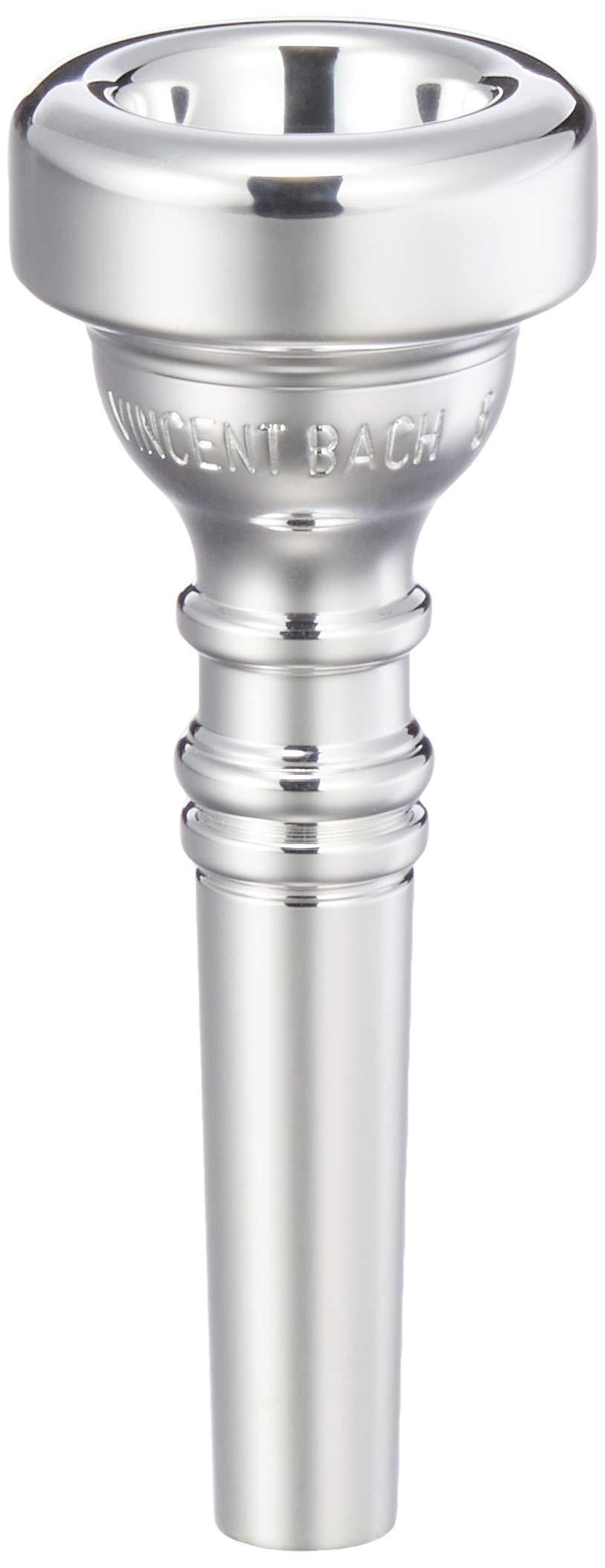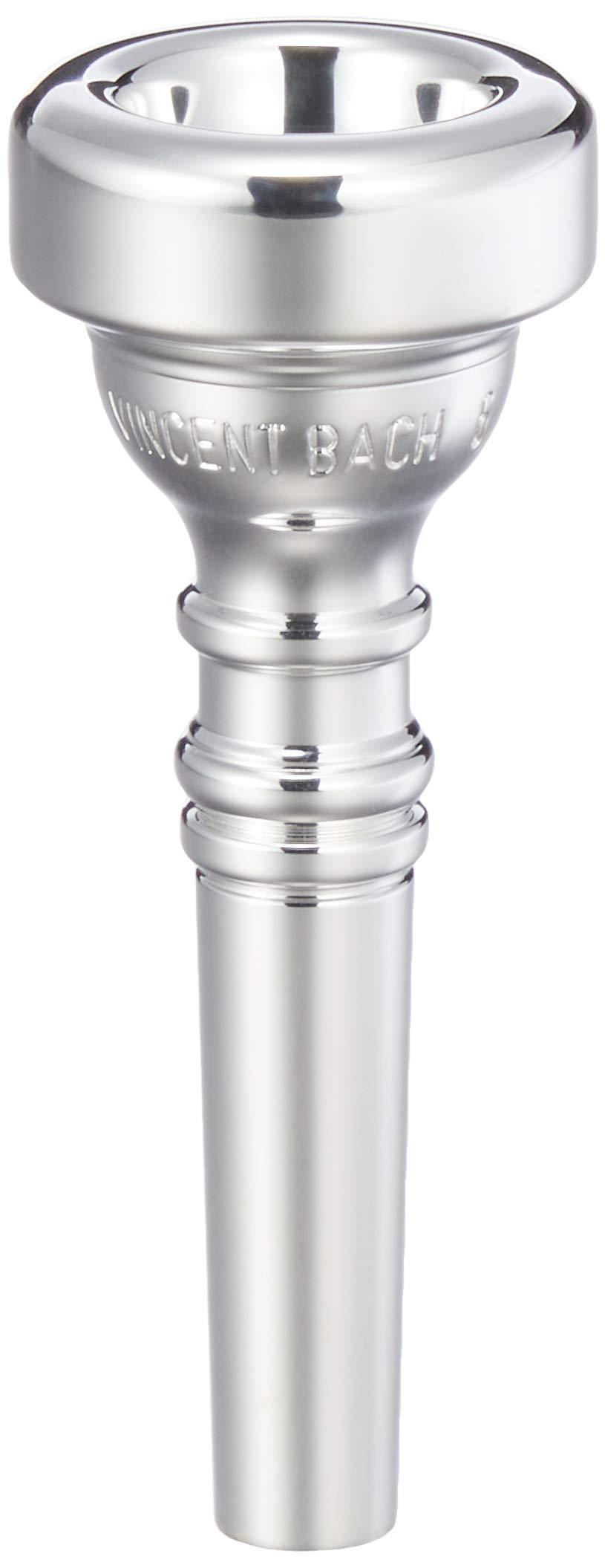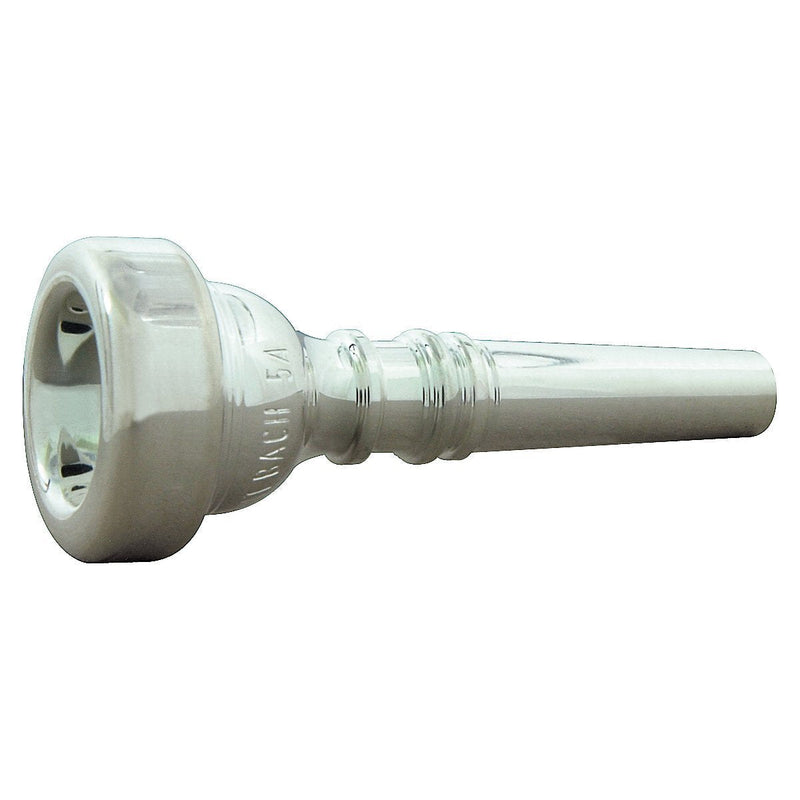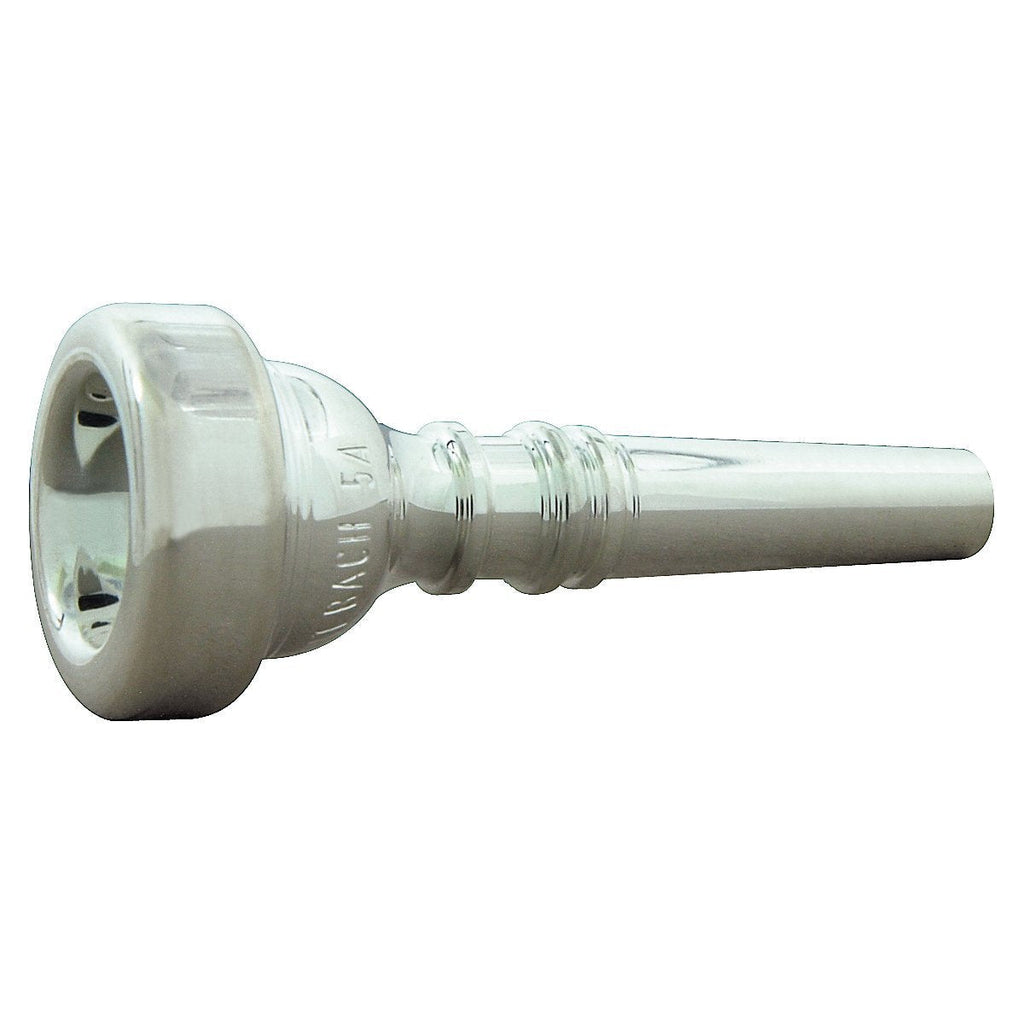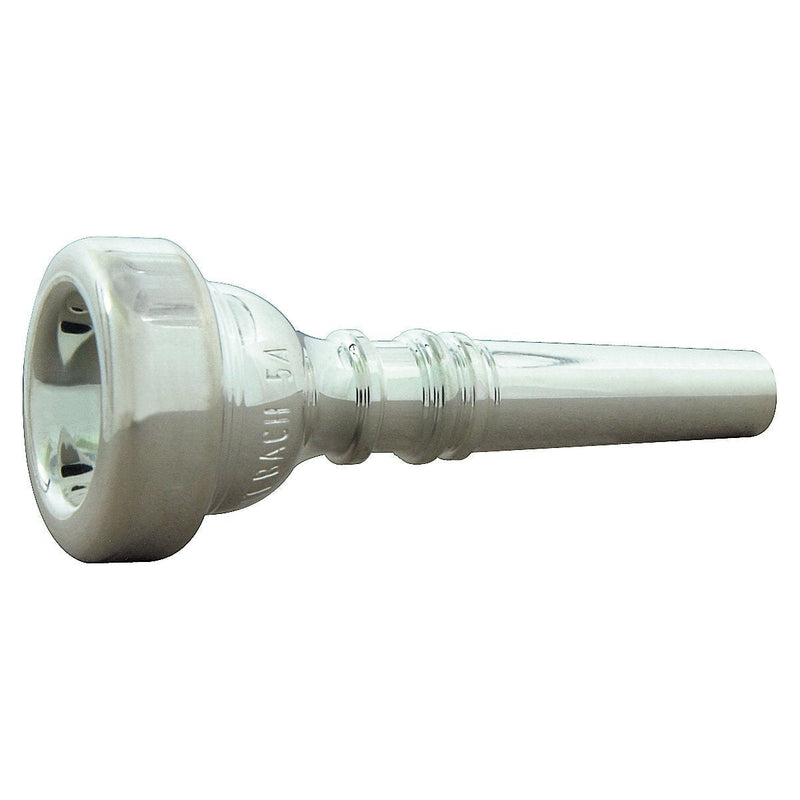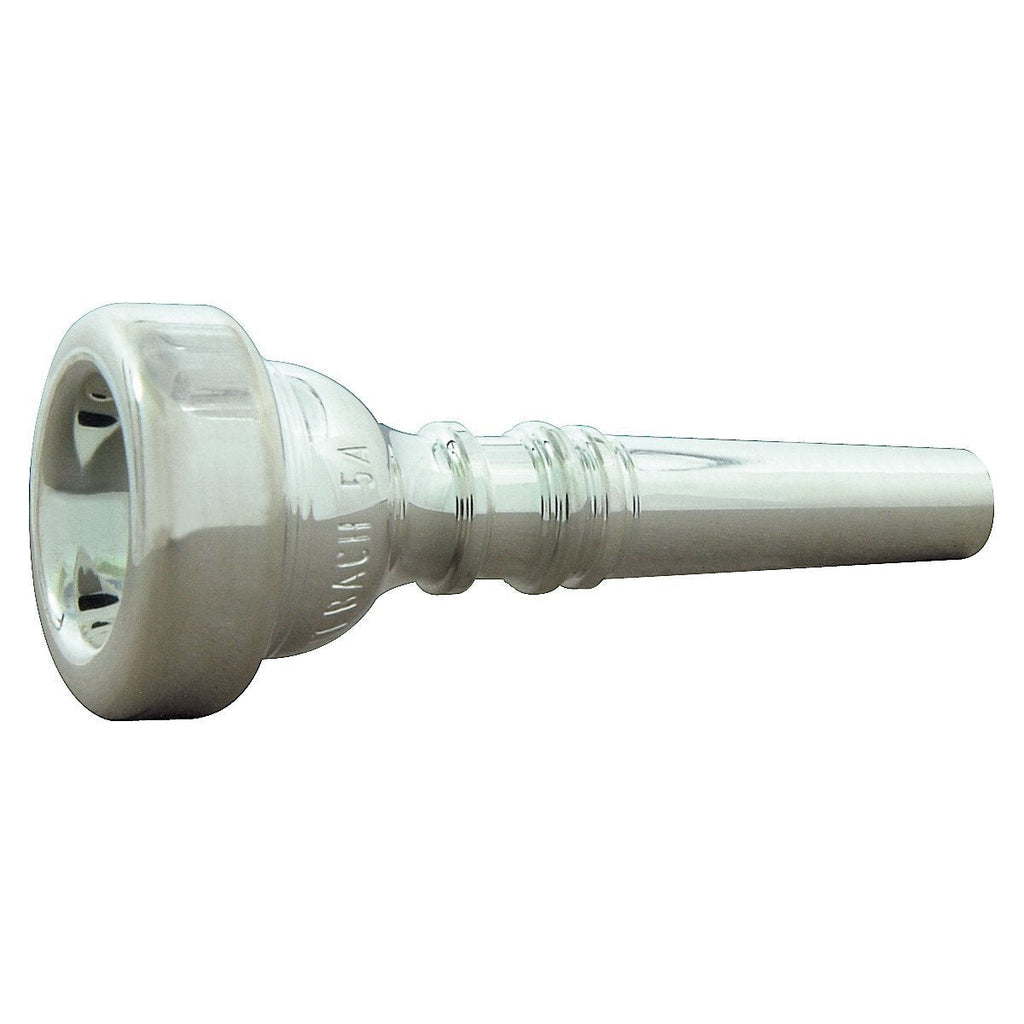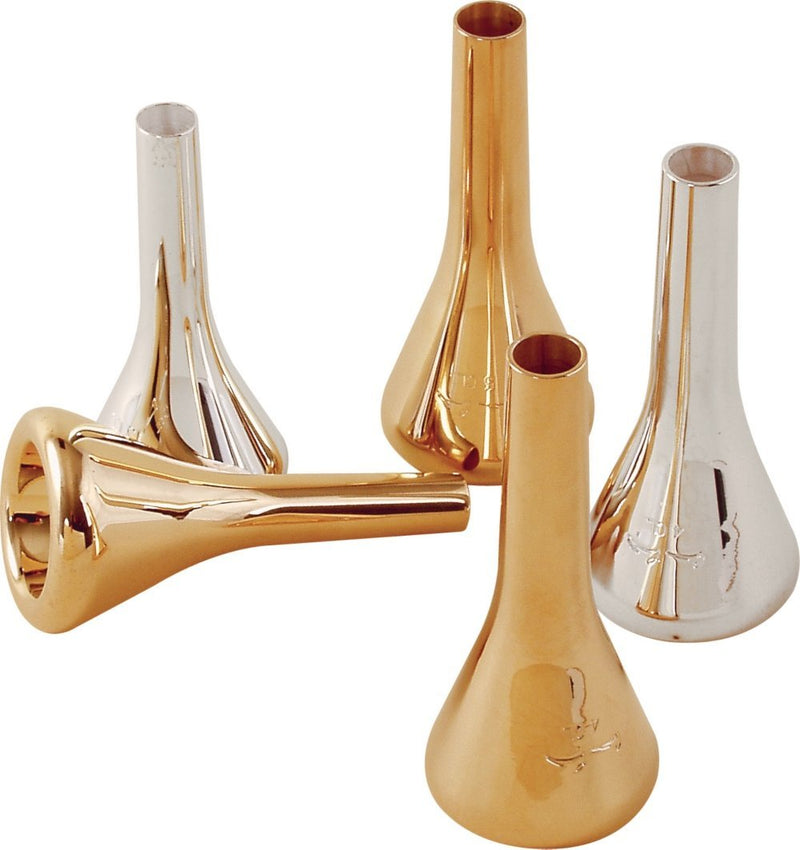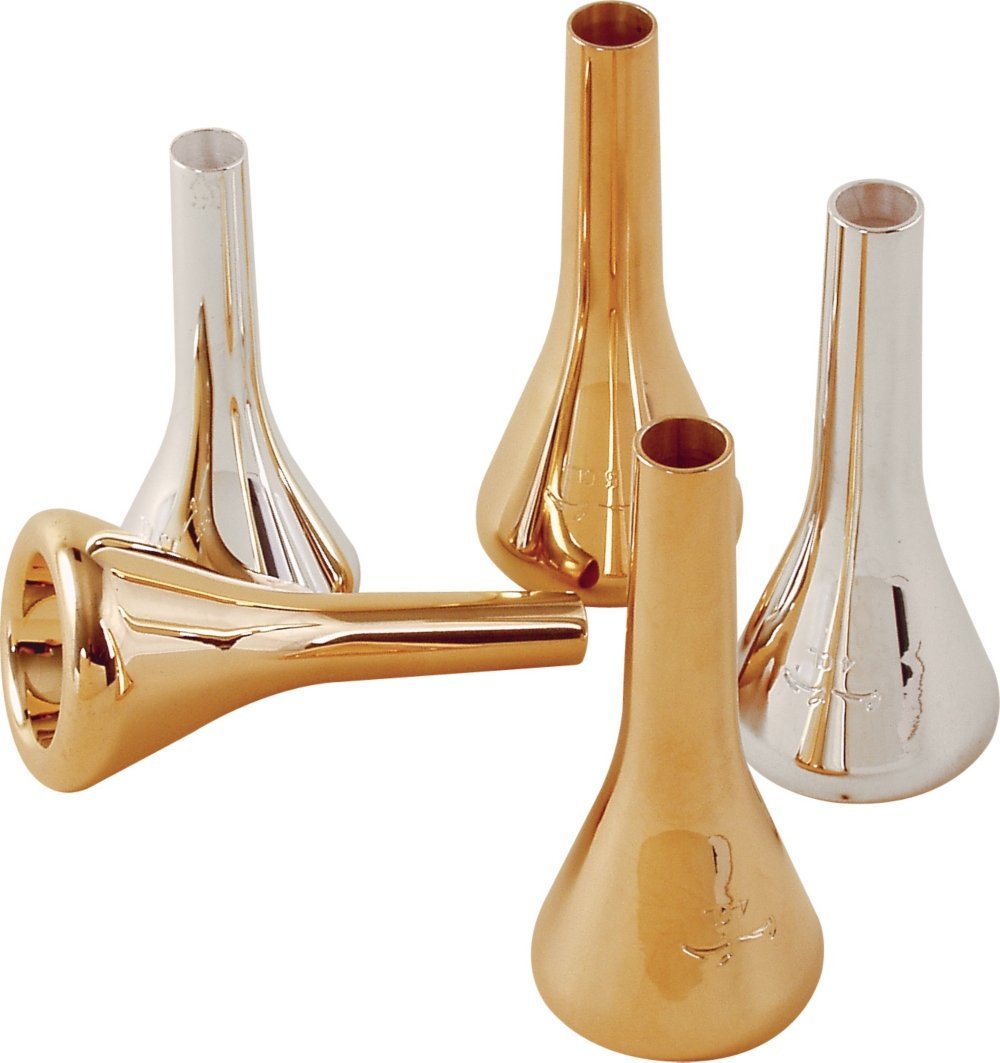Warburton A.P.E. Anti-Pressure Exerciser for Trumpet APE Trumpet
Warburton A.P.E. Anti-Pressure Exerciser for Trumpet APE Trumpet
A.P.E. Anti-Pressure Exerciser for Trumpet APE Trumpet Especially for higher register playing, there can be a natural tendency to push the mouthpiece hard against the lips. Players know that more mouthpiece pressure can help to support weak or tired chops in order to continue playing. The downside is that too much pressure against the lips prevents proper blood flow, and you wear out even faster. The Warburton A.P.E. helps you learn how to maintain a high quality full-range buzz without applying excessive pressure. Key Benefits By learning how to reduce mouthpiece pressure against the lips you will gain endurance. Sound quality will improve because you're also learning how to maintain the best quality buzz. Without the trumpet "in the way", you can focus strictly on learning what mouthpiece angle and embouchure/aperture/lip set works best for you - just by listening to the quality of the buzz. How does it work? It's easy to use - just plug your mouthpiece into it and start buzzing in the lower range. Then increase the pitch of your buzz as if playing a scale. As you ascend higher up the scale you will naturally start to press the mouthpiece harder against your lips. The harder you press, the more you will compress the spring - which in turn will cause the air outlet to begin closing. If you're pressing too hard, the air outlet closes and the buzz stops because the air cannot escape. With practice you will learn to ascend higher and higher up the scale without closing off the air escape. In order to keep the the A.P.E. working as smoothly, you may find it helpful to occasionally clean any debris that might accumulate (pocket lint, etc) between the sliding pieces. A weak detergent solution followed by rinsing with water and drying with a lint free cloth will work fine for this cleaning.
- A
- P
- E
- Anti-Pressure Exerciser for Trumpet APE Trumpet Especially for higher register playing, there can be a natural tendency to push the mouthpiece hard against the lips
- Players know that more mouthpiece pressure can help to support weak or tired chops in order to continue playing




